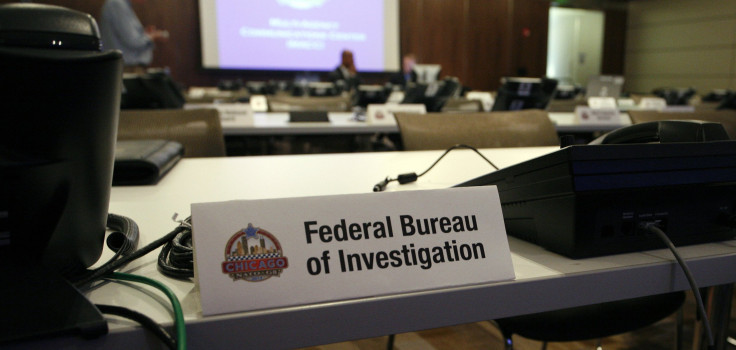FBI Said Federal Budget Cuts Under Sequestration Were Equivalent Of Shutting Down Chicago, Miami, and Baltimore Field Offices

The federal government's mandatory budget cuts in 2014 had a severe impact on the FBI, requiring the federal agency to implement a hiring freeze that threatened to result in more than 2,000 vacant positions or roughly the equivalent of shutting down the agency's three largest field offices: Chicago, Miami and Baltimore. The budget cuts limited the agency's number of workers devoted to forensics and victim specialists, government officials warned in a letter to the House of Representative in June 2013, documents made public in recent days show.
"To absorb the personnel funding reductions under Sequestration, the FBI has implemented a hiring freeze that will result in over 2,200 vacant positions by the end of Fiscal Year (FY) 2013: 350 special agents, 275 intelligence analysts and 1,575 professional staff employees, including forensic and computer scientists, electronic engineers and technicians, contracting officers, police officers and victim specialists," the letter from the FBI to House members read. "To put this number of vacancies in perspective, it is the equivalent of shutting down three of the FBI's largest field offices -- Chicago, Miami and Baltimore."
The FBI receives about 200,000 staff applications each year, the letter said. The document echoes an independent, external review of the FBI's operation in March by the 9/11 Review Commission, which found the mandatory budget cuts, also known as sequestration, had “severely hindered” the FBI’s intelligence-gathering efforts and national security programs.
“Despite the growth of budget authority since FY01, in recent years the FBI faced complex threats with reduced funds, in part as a result of sequestration. In a May 2014 speech, FBI Deputy Director Mark F. Giuliano noted the bureau had been cutting programs during the last few fiscal years, and so its allocation of $8.3 billion in FY14 was a ‘relief,’ ” the report said, adding sequestration had a “devastating” impact on the bureau’s reform initiatives.
Sequestration, which largely applied to defense and domestic spending, began in March 2013 and is expected to continue until 2021. It's aimed at reducing the U.S. national debt, which skyrocketed as a result of the Iraq and Afghanistan wars and 2008 recession.
In March 2014, the FBI said it was scrambling to restart classes at its training academy as it lifted the hiring freeze and was beginning to hire hundreds of special agents and analysts, the Washington Post reported.
© Copyright IBTimes 2024. All rights reserved.












